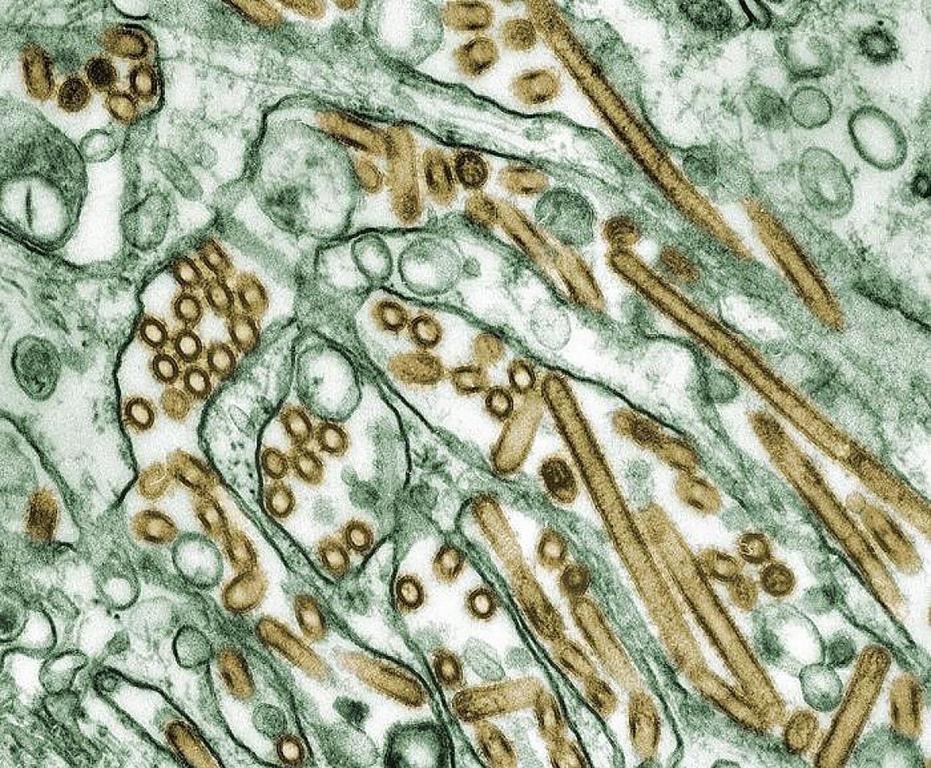TORONTO — The Toronto Zoo has shut down some of its bird enclosures after an avian flu case was detected at a southern Ontario poultry farm.
The zoo says the precautionary measures introduced Thursday are required in light of the case of avian influenza detected at a commercial poultry farm within 200 kilometres.
A highly pathogenic type of H5N1 avian flu has been tearing through Canadian flocks since early 2022, killing millions of birds and infecting a record number of avian species.
The Canadian Food Inspection Agency detected a case at a commercial poultry operation southeast of Hamilton on Tuesday, the second reported Ontario site in a week after a lull in detected cases going back to the end of December.
Professor Shayan Sharif, the acting dean for the Ontario Veterinary College, says he expects to see a "surge" of cases in the coming weeks as the virus hitchhikes with migratory birds back to Canada.
The zoo says its aviaries will be closed or significantly modified and behind-the-scenes tours of the areas will be suspended. It says zoo animals will not be fed poultry.
The bird flu rarely causes disease in humans and transmission occurs through close contact with infected birds or heavily contaminated environments. There's no evidence to suggest it's transmitted to humans from cooked eggs or poultry.
The U.S. Centre for Disease Control and Prevention said earlier this month an assessment of the H5N1 virus identified in two human infections reported in Cambodia, including one fatal, turned up no genetic changes associated with an increased ability to spread to people.
But Sharif, of the Ontario Veterinary College, says there is concern about the virus' ability to adapt to mammals. Eight diseased skunks recently turned up dead in the Vancouver area, with officials speculating this week that they may have contracted the virus by scavenging wild birds.
Sharif says there's no conclusive evidence bird flu can spread between mammals. But he says virologists continue to ask the question, especially after hundreds of infected sea lions died in Peru.
"That's basically the code that you have to crack, to make sure that you understand really well how the virus is behaving and has it really gained the capacity for transmission among mammals," he said.
This report by The Canadian Press was first published March 16, 2023.
Jordan Omstead, The Canadian Press
